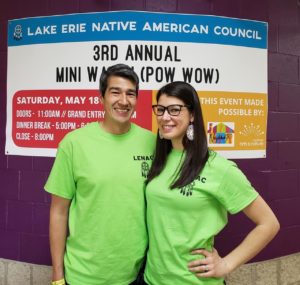In a surprising discovery made in the 1990s, researchers found that cells from family members can embed themselves in our organs and circulate in our blood for decades. This phenomenon challenges previous notions about pregnancy and suggests that familial cells play a role in our health.
The initial study conducted by Diana Bianchi and her team at Harvard University found that women who had given birth to boys still had their sons’ cells in their blood up to 27 years later. This led to a shift in understanding pregnancy and the interchange of cells between mother and child. Subsequent studies also revealed that mothers’ cells could be found in their children’s blood even when they had grown into young adults.
Interestingly, the presence of familial cells extends beyond the mother-child relationship. Research has shown that we also carry cells from older siblings, uncles, aunts, and even grandparents. For example, a study of Danish girls aged 10 to 15 found that 14% of them had male cells in their blood, and this was more likely if they had older brothers. This occurrence could be explained by a mother absorbing cells from her son during pregnancy and passing them on to her daughter in a subsequent pregnancy. In theory, if the daughter later had a child, that child would carry their uncle’s cells.
The implications of these findings are still being explored, but it is believed that familial cells may play a role in our overall health. Furthermore, there is speculation that they might even influence our cognitive abilities and thought processes.
It is important to note that these effects can also be observed in reverse, with our cells potentially being passed on to our family members. This interconnection between family members at a cellular level expands our understanding of human biology and raises intriguing questions about the potential impact of these cells on our well-being.
As research in this area continues, scientists aim to unravel the precise mechanisms behind the presence of familial cells and their implications for our health. The discovery of these cells opens up new avenues for exploration and may lead to advancements in personalized medicine and our understanding of genetic inheritance.




